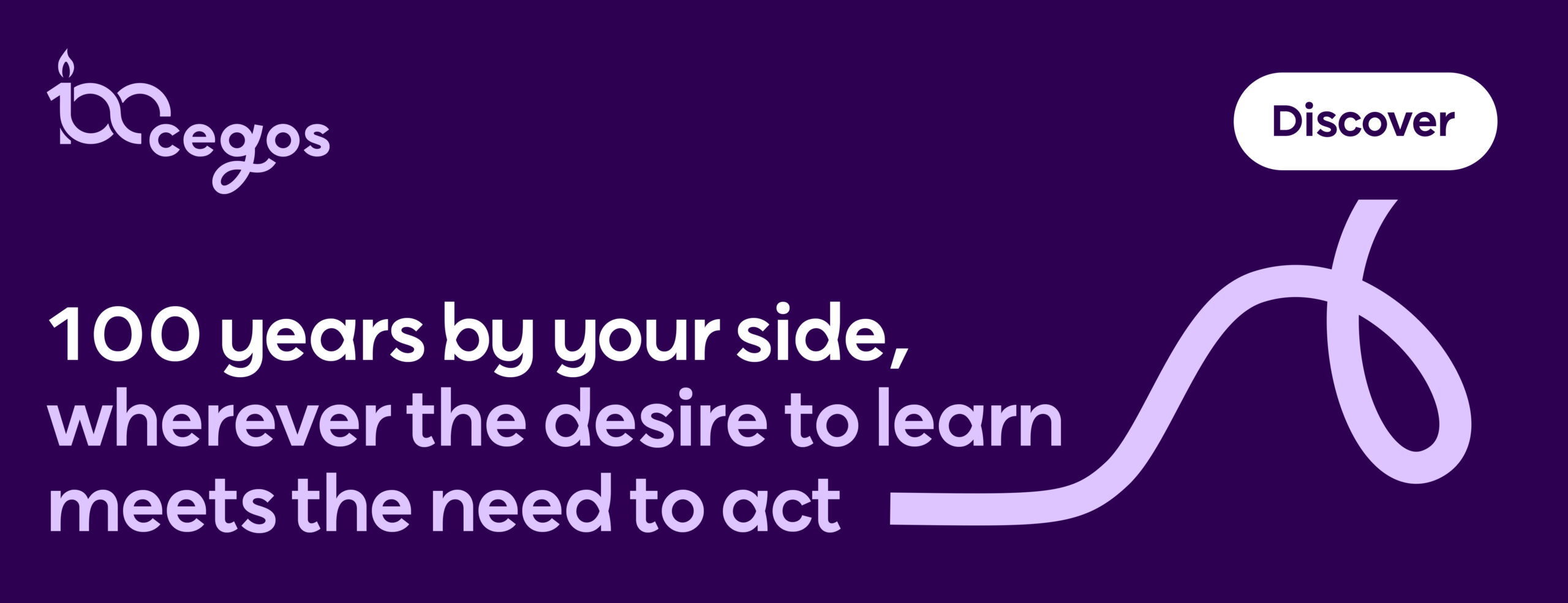[Cegos study] Transformations, Skills and Learning, 2022 edition
Published on 28/10/2022The Cegos Group has just unveiled his new international barometer. It deals with the development of employees' skills and the transformation of their working methods.
For this new study, Cegos surveyed 4,005 employees and 377 Human Resources Directors or Managers / Training Directors or Managers (HRD/HRM/HRM) in 7 countries in Europe (France, Spain, Portugal, Italy, Germany), Asia (Singapore) and Latin America (Brazil).
One piece of information to remember in particular: 78% of employees are ready to consider a career change (61 % in France)!
Here are some key figures and data:
Skills development remains a key issue in the face of changes in the world of work
- 91% of employees say they are ready to train themselves.
- 78% of employees say they would consider a complete career change if it made more sense for them.
- 84% of French HRDs/HRMs plan to set up retraining schemes.
When asked about the major transformation challenges that will have the greatest impact on the development of their employees' skills over the next two years,international HR Directors and HR Managers mention above all digital transformation (61%), new ways of working (52%) and cyber security (39%).

Christophe Perilhou, Learning and Solutions Director for the Cegos Group gives us his expertise on the subject:
« Faced with the ongoing transformations and the growing appetite of employees to develop their skills, organizations must be able to offer a range of plural, dynamic and clear offer, whether it is training, mobility or retraining. For Learning & Development players, this means anticipating skills needs in order to propose solutions in line with strategic human resources planning. Finally, proactive policies on retraining and funding are imperative to support individual initiatives and develop the employability of each individual. »
“Just in time” training to personalise and diversify the learning journey
- 55% of HR Directors and HR Managers have difficulty matching their organisation's skills needs with their training offer. Regarding employees, 40% of people consider that their organization answers their training needs "just in time".
- The two main performance indicators of HRDs and HRMs are the level of user satisfaction (61% of international HRD-HRM) and the measurement of training outcomes (55%).
If we look at knowledge of available training opportunities:
- 80% of employees have a clear idea of the solutions available to upgrade their skills.
- Similarly, 82% of HR Directors and HR Managers have a clear idea of the solutions available for upgrading skills and supporting their employees to meet the challenges of tomorrow.
Also, 11% of HRD-HRMs say they do not use training data, they are currently monitoring two major performance indicators: user satisfaction (61% of HR Directors and HR Managers) and training outcomes (55%).

Grégory Gallic, Manager of Offer and Expertise "Learning Engineering and Professional Effectiveness" of the Cegos Group explains:
"Since employees have a growing interest for training, it would benefit L&D decision-makers to better market their training offer. They could thus promote the emergence of 'serial learners' able to mobilise their other colleagues.
The other major challenge concerns the introduction of a real culture of measuring the impact of training on operational performance. That involves the use of training data, which is currently under-exploited, especially in France. The use of these learning analytics is an essential prerequisite for the implementation of new training methods. They allow us to better understand user behaviours and needs (design thinking), to individualize journeys using artificial intelligence (adaptive learning), and to help people connect to help each other on a daily basis (social learning). »


